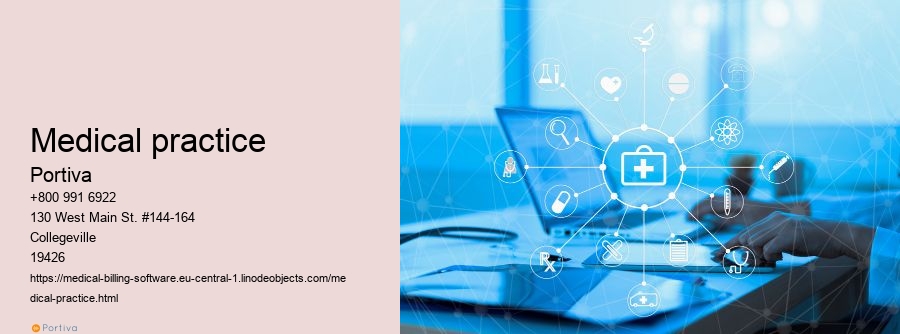
Medical billing software is a tool that helps healthcare providers manage their billing and reimbursement processes. It allows providers to automate billing tasks, generate claims, track payments, manage patient records, and ensure compliance with insurance regulations.
Using medical billing software can help healthcare providers streamline their billing and payment processes, improve revenue cycles, and make data-driven decisions. It can also reduce errors, save time, and minimize paperwork.
Medical billing software is suitable for a wide range of healthcare providers, including small clinics, solo practitioners, large hospitals, and healthcare groups. It is a scalable solution that can be customized to meet the needs of any practice.
When choosing medical billing software, it's important to consider factors such as ease of use, customization options, integrations with other systems, customer support, and cost. You should also evaluate the software's features and functionalities to ensure they align with your practice's needs and goals.